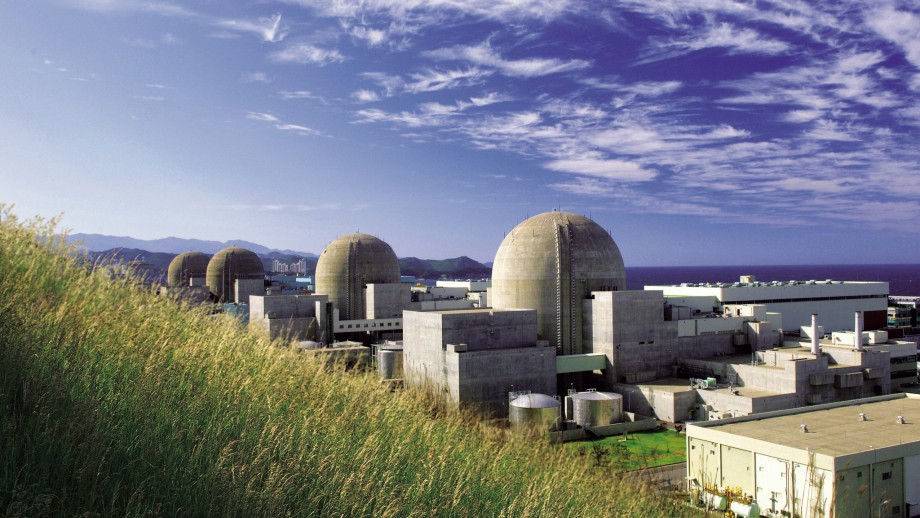SA inquiry starts discussion on nuclear energy
The South Australian Royal Commission into the nuclear fuel cycle has kick started a new public discussion about the role of nuclear energy as the world looks for clean sources of energy, say experts from ANU.
Director of the ANU Energy Change Institute Professor Ken Baldwin said among its findings, the Royal Commission recommended the removal of national prohibitions on the development of nuclear power.
"The South Australian Royal Commission into the nuclear fuel cycle has recommended business as usual for uranium mining, against entering the uranium processing industry, the removal of Federal prohibitions on nuclear power to make it a potential option for the future, and gave a big tick to the storage of other nation's waste nuclear fuel," Professor Baldwin said.
"In the post-Paris climate conference race to decarbonise the world's economies, when it comes to electrical power, it will be nuclear and renewables that will get us there. The question is - given the long lead time for nuclear power - whether the declining cost of renewables will price nuclear out of the picture.
"However, as indicated by the Royal Commission, should Australia need to decarbonise more quickly, nuclear may become a viable alternative to gas in order to complement the intermittency of renewables like wind and solar panels."
Professor Baldwin said when it comes to nuclear waste storage, the Royal Commission found Australia could be well placed to start up a new industry.
"Australia is a dry continent, is both geologically and geo-politically stable, and has good governance systems, all of which are desirable characteristics for this technically feasible industry," he said.
"Could nuclear waste storage replace the mining boom in our economic trajectory? The SA Royal Commission has now started that discussion."
The head of Nuclear Physics at ANU, Professor Andrew Stuchbery, said at this stage, there was no economic benefit for nuclear power in South Australia.
"At present, there is no economic driver to become involved in the so-called front end of the nuclear fuel cycle that includes isotope separation and fuel fabrication, nor is there an economic imperative for nuclear power in Australia," Professor Stuchbery said.
"On the other hand, there is the potential for considerable economic benefit to South Australia in the back end of the fuel cycle - in relation to spent fuel and nuclear waste storage. Such engagement would require bipartisan government and community support.
"The main driver to establish nuclear power in Australia in future would be its ability, in the context of meeting international carbon emission targets, to substitute directly for fossil fuel power without the development of the new grid technology and storage technology that renewables require."
NB: Professor Ken Baldwin is a member of the Project Steering Committee for the Australian Energy Technology Assessment, and a member of the SA Royal Commission Socio-Economic Modelling Advisory Committee.

